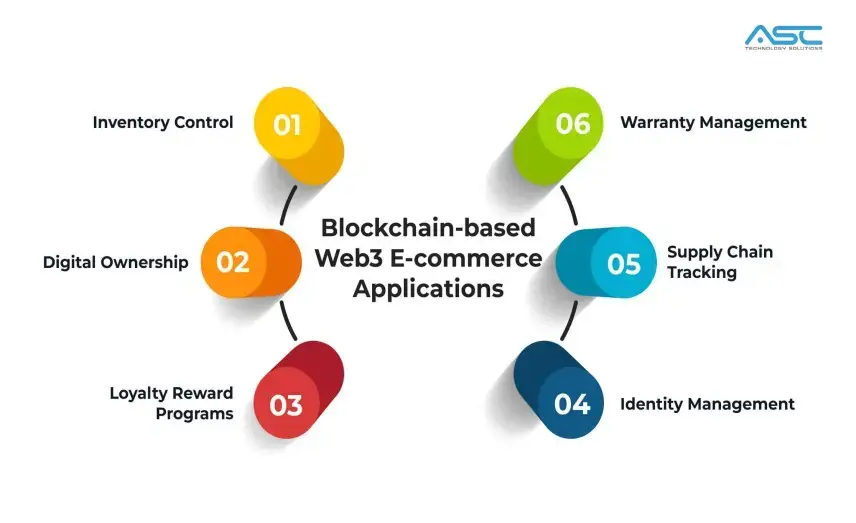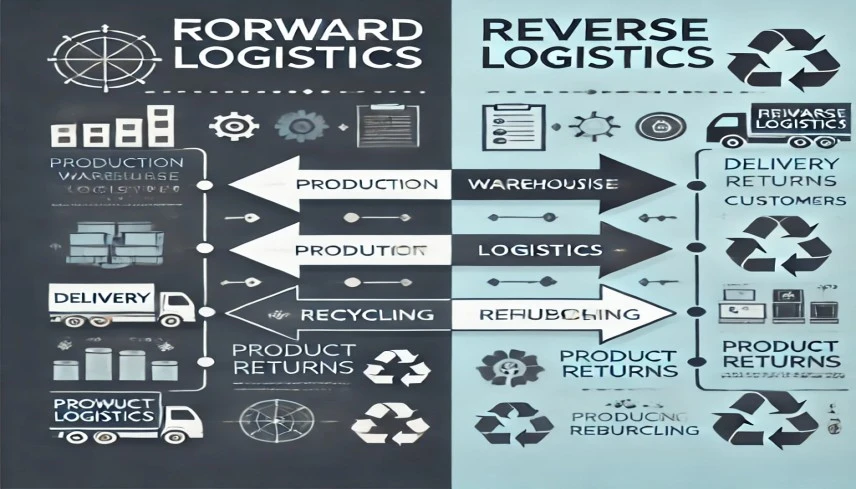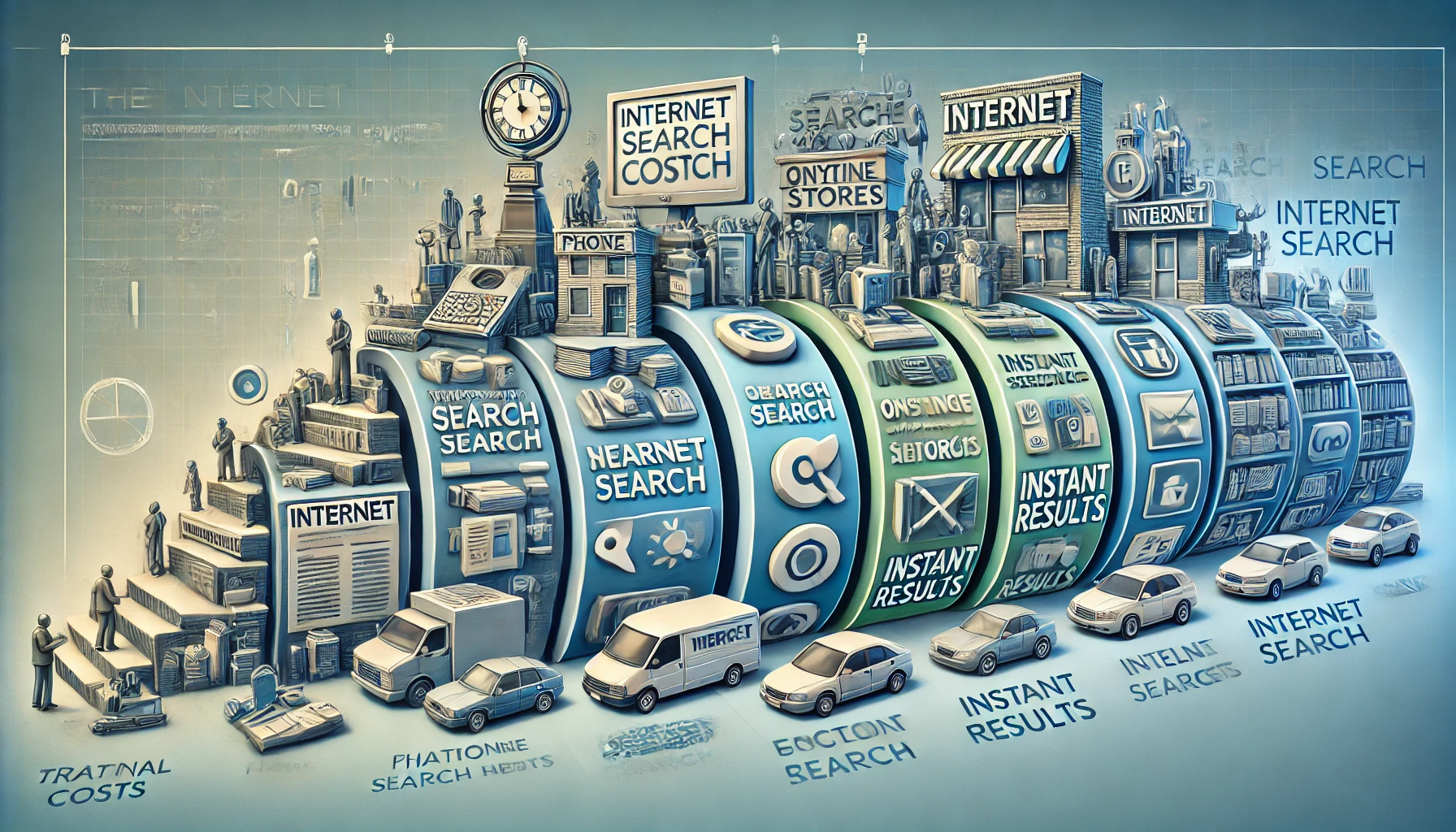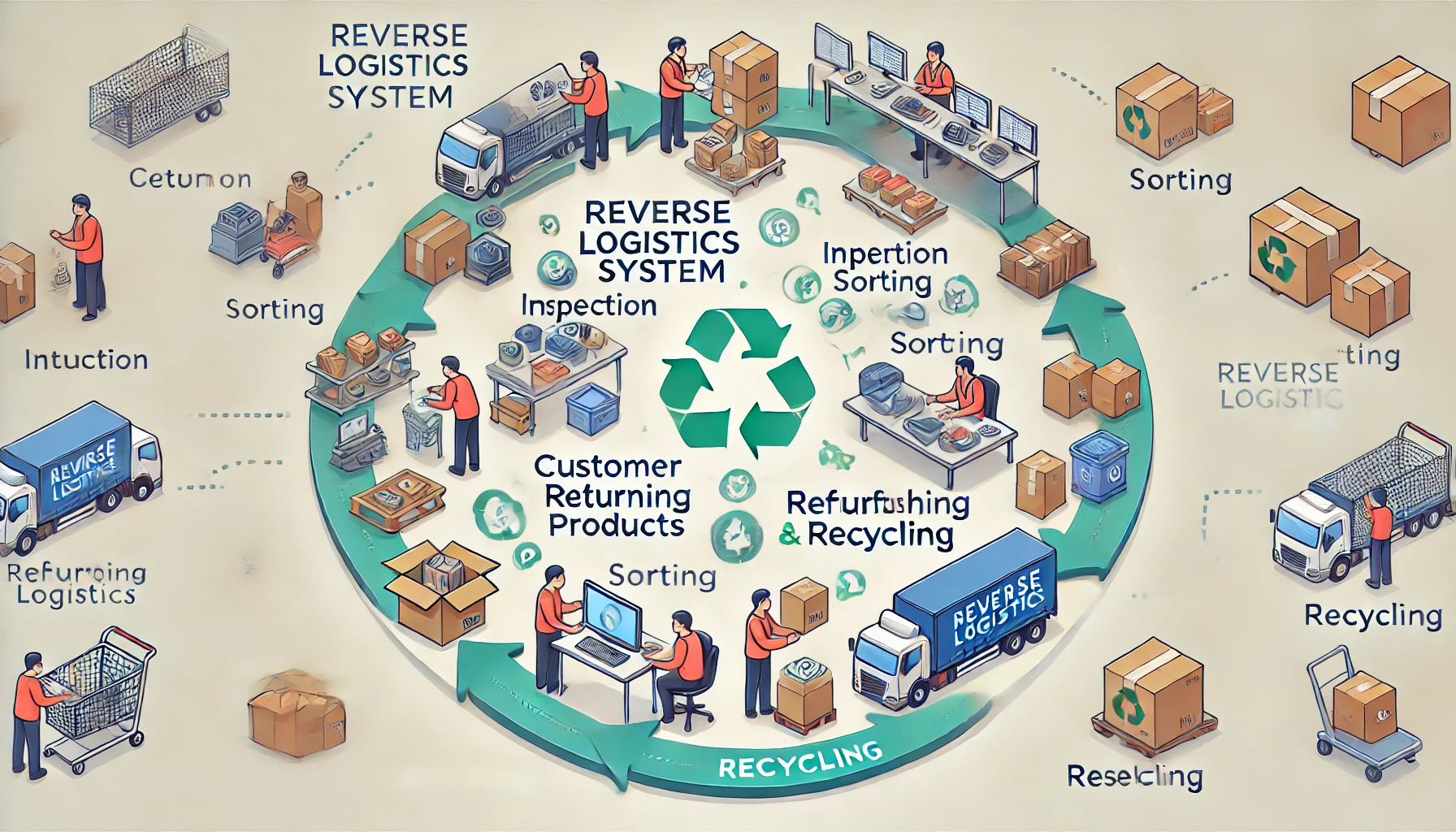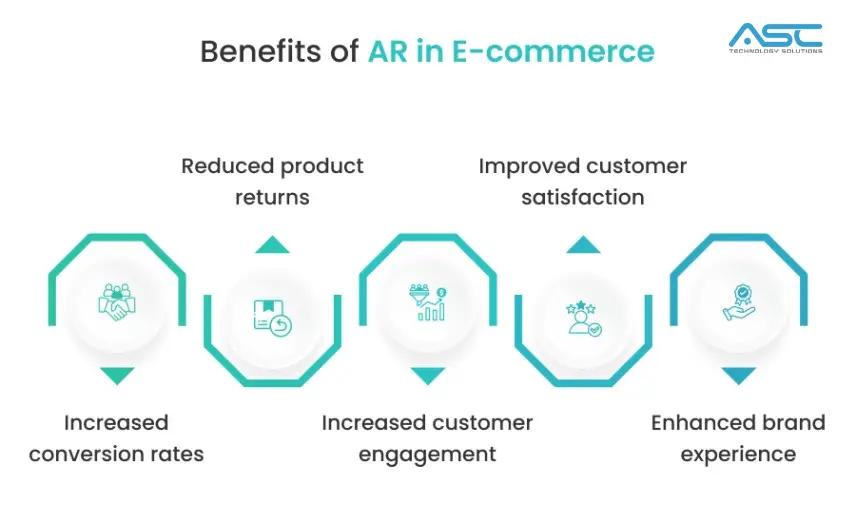With advancements in the digital space, eCommerce businesses are using higher-technology solutions such as Web 3.0 and blockchain for increased transparency, which in turn creates customers’ trust and better business control. In an age of people wanting to know what they are consuming and where it comes from, these new technologies present an opportunity to reinvent how companies connect with people.
With this blog below we will have a detailed look at how eCommerce brands are implementing Web 3.0 and blockchain technologies to provide users with a more secure environment.
1.Enhanced Product Traceability
Using blockchain technology, one can encode the entire movement of a product from the point of origin of the initial material used to the consumer. For example, beauty brands employ blockchain to record the origin of the materials and every step of how products are being made and distributed to minimize counterfeit issues. It helps enhance customers’ trust because it allows them to track a product and its production escalating brand authenticity.
2.Tokenization and Digital Ownership
Tokenization has gradually become popular as brands take their products and transform them into distinct tokens in the form of NFTs that verify ownership. Luxury goods and products, merchandise, and other products are being tokenized, which offers brands a new way to interact with customers. Tokenization provides a tailored digital experience, contributes to the development of privacy and exclusivity, and enables people to possess and exchange digital representations of tangible assets while being assured of their authenticity.
3.Loyalty Programs and Rewards Using Blockchain
Organization-based loyalty programs can often appear disconnected, and the ability to keep tabs on them can be a chore. Blockchain simplifies eCommerce brands for the provision of transferable and decentralized rewards. With tokens or cryptocurrency-based loyalty programs, brands provide the consumer with the option of spending or exchanging their rewards in any platform or even converting them to cash. Blockchain-based loyalty programs involve more engagement since the reward platform offers value to the customer and flexibility.
4.Smart Contacts for Efficient Transactions
Smart contracts of eCommerce are self-executed on the blockchain by cutting down the middlemen much more than before. It makes payments easier and allows one to handle returns and perform automated refunds hence enhancing consumer understanding. Smart contracts create a certain level of trust because the contents of the contract can be seen, and the program cannot be changed after the parameters are set, thus limiting arguments, and the cost.
5.User Data Privacy and Security
Digital sovereignty and ownership are put into a user’s hands because of Web 3.0, which eliminates the problems regarding privacy in the domain of eCommerce. It’s also seen that brands can leverage blockchain-based identity management systems to let the consumers share only the willing data to protect privacy. Blockchain weakens the main feature of Web 2.0 systems such as the users’ data is collected and sold without the users’ permission while in the blockchain context, the users have control over the use of their data.
6.Eliminating Middlemen in the eCommerce Value Chain
Using blockchain technology, eCommerce brands are able to reach out to the consumer cutting the middlemen. The elimination of third-party platforms means that brands can save money and increase their profit through which customers get to benefit from. Decentralization creates a model in which every message that the brand sends to the end consumer is direct, genuine, and safe.
7.Improved Supply Chain Management
Supply chains encompass a network of participants who may influence supply chain transparency. Blockchain can help facilitate real-time tracking and validation of the product along the supply chain. The use of blockchain technology means that there is a way of keeping records for each product which always proves useful especially when one wants to track certain problems like delayed delivery or even instances where products are contaminated. Companies have realized that adopting blockchain in supply chain management enhances their functionality and helps them gain the confidence of customers through the display of recent virtuous corporate values.
The Next Frontier: Transparent eCommerce Through Innovation!
Web 3.0 and blockchain are making incredible social changes to eCommerce, helping brands find new approaches to connect with their customers in an open and convincing manner. eCommerce brands should embrace decentralized technologies to create better, more trust-based relationships with their customers as well as enhance operational performance while providing maximum transparency.
With more consumers seeking to protect their data and purchase from sources that are trustworthy, implementing such technologies is not a trend, it is the new normal for eCommerce. Brands that embrace Web 3.0 and blockchain in the present are positioning themselves for dominance in a new world of decentralized digital ecosystems where there is the reality of transparency, not an option.
